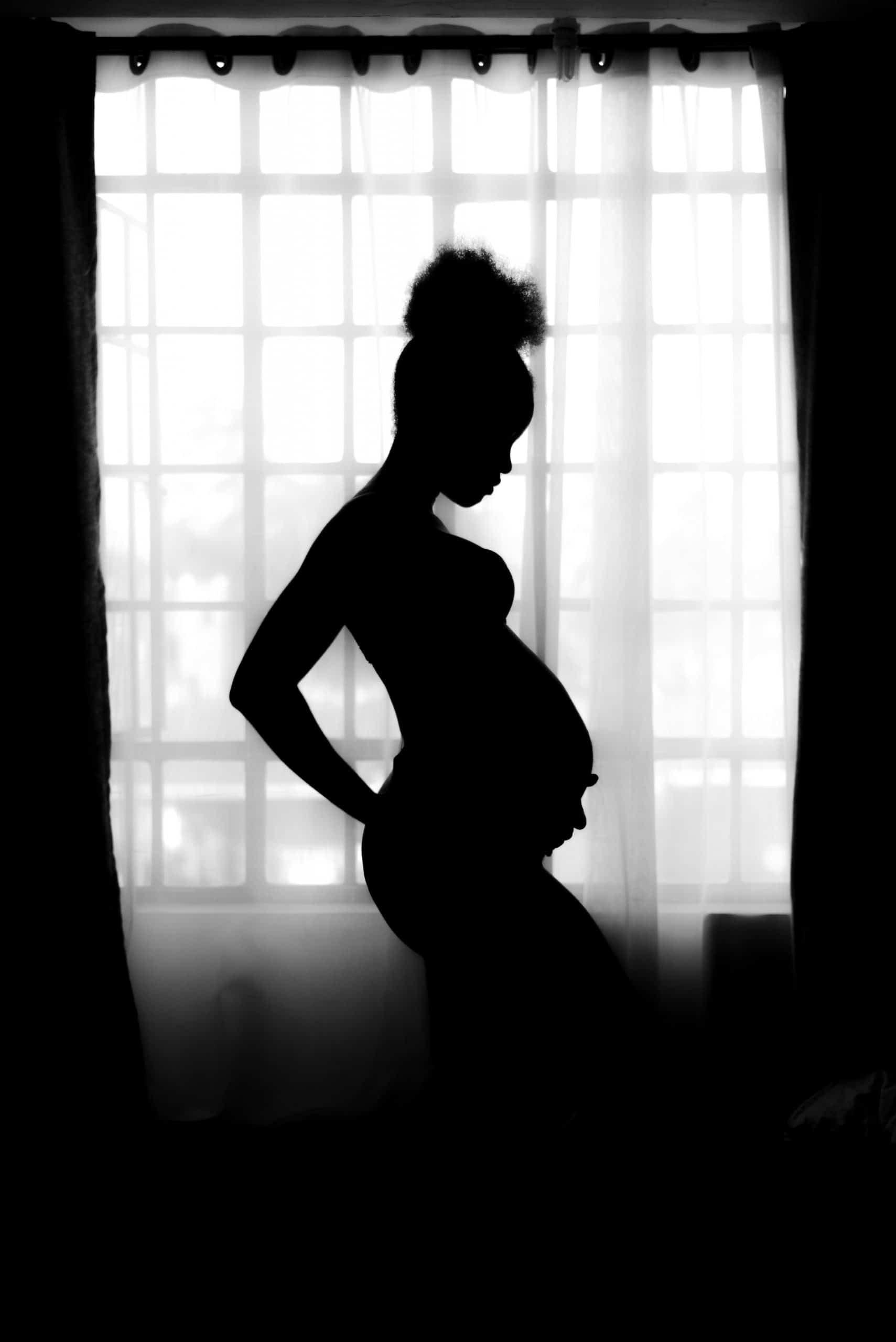At the height of the COVID 19 pandemic it became evident that men and women of a Black, Asian and minority ethnic background were much more vulnerable to the effects of the Covid 19 virus. There is no one reason as to why this is the case, however what is known is that it is multifactorial and depends very much on factors such as a person’s health at the time they contract the virus, how likely they are to access healthcare, their medical history, living conditions and any pre-existing co morbidities such as obesity, heart disease, high blood pressure and diabetes.
Later on, emerging data provided from The UK Obstetric Surveillance System (UKOSS) investigating data from the cases of 427 pregnant women who tested positive for Covid 19 between March – April 2020, found that of these pregnant women who tested positive for Covid 19, 56% were from a Black and other ethnic minority groups (UKOSS, 2020).
These stark findings when placed alongside the backdrop of the MBRACCE report which showed that Black women were five times more likely than their white counterparts to die during childbirth, prompted a national drive to address this issue (MBRACCE, 2019).
At the Maternity Unit at the Royal Berkshire Hospital we are working towards increasing the support and surveillance offered to pregnant women from a Black, Asian and minority ethnic background. As we enter flu season and we prepare for a second wave of the virus we want you to know three things:
- Firstly please follow the government guidance on handwashing, social distancing and wearing facial coverings. These simple steps will ensure that you reduce your levels of exposure to Covid 19.
- Please ensure you are taking a Vitamin D supplement or Pregnancy Supplements. Vitamin D will not stop you contracting Covid 19 but there is some evidence which links Vitamin D deficiency with increased vulnerability to respiratory infections. As Covid 19 is a respiratory illness it is therefore vital that you try to protect yourself as much as possible by increasing the levels of Vitamin D in your body. You will get some Vitamin D from the sun but as winter approaches it is vital that you take a supplement. Please speak with your midwife about this if you have not been advised to take a Vitamin D supplement in your pregnancy.
- Finally and most importantly please contact the maternity unit if you feel unwell or are worried about yourself, your baby, or your baby’s movements. We will advise you on the next steps to take. Do not leave it until the next day.
We currently have a big challenge to tailor our services to best support the needs of our black women, but we cannot change these services without your input. We would love to hear your experiences of maternity services and know of any ways we could improve. Contact Akeisha.robinson@royalberkshire.nhs.uk with your thoughts and ideas.
Keep safe!







